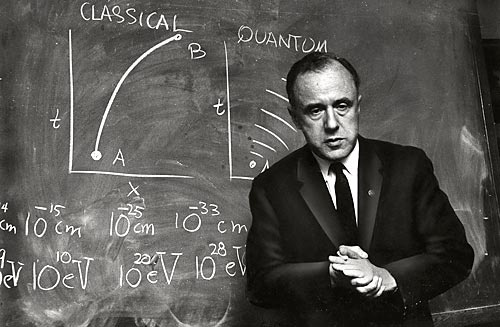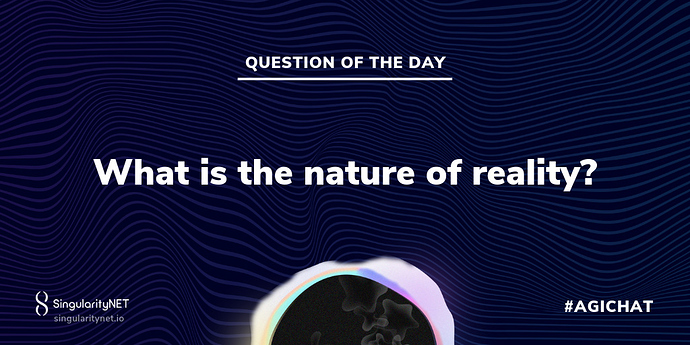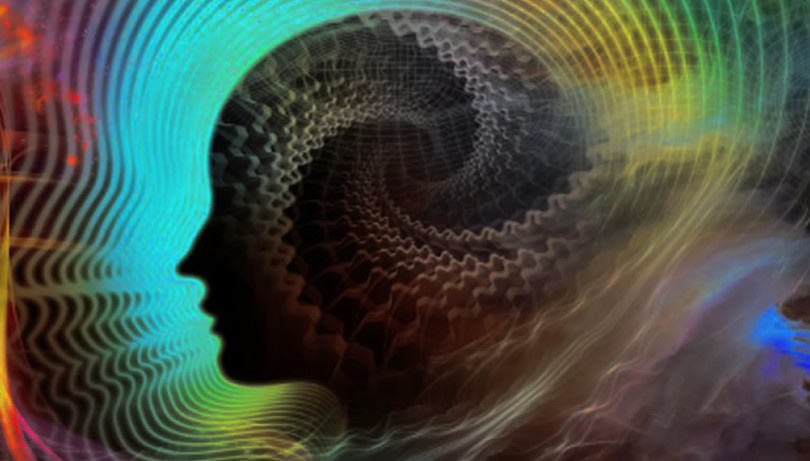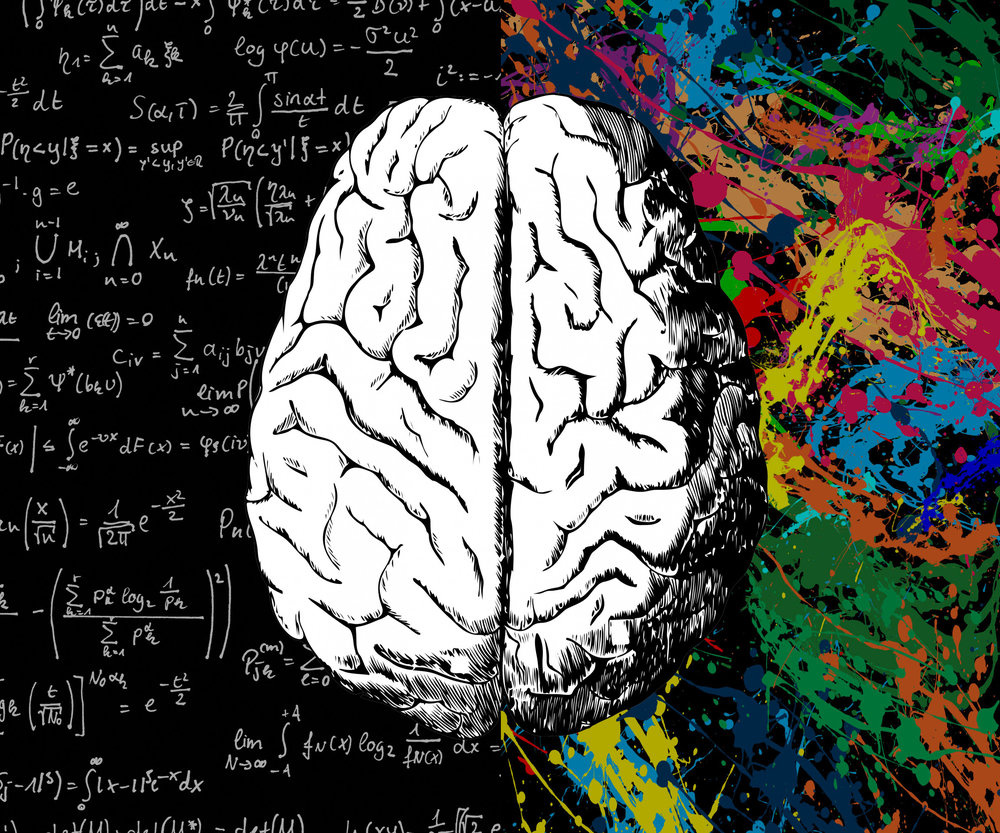When you woke up this morning, you found the world largely as you left it. You were still you; the room in which you awoke was the same one you went to sleep in. The outside world had not been rearranged. For most people, history was unchanged and the future remained unknowable. In other words, you woke up to reality. But what is reality? The more we probe it, the harder it becomes to comprehend. One thing though that both scientist and philosophers agree upon is that whatever reality is, it isn’t what it seems.
Reality: The Definition
What do we actually mean by reality? A straightforward answer is that it means everything that appears to our five senses everything that we can see, smell, touch and so forth. Yet this answer ignores such problematic entities as electrons, which we cannot sense but which are very real. It also ignores phantom limbs and illusory smells. Both can appear vividly real, but we would like to say that these are not part of reality.
Another possible mark of reality we could focus on is the resistance it puts up: as the science fiction writer Philip K. Dick put it, ‘reality is that which, if you stop believing in it, does not go away.’
But even these objective views of reality are being called into question.
Is reality really real?
The core idea that none of that which we see or touch or experience is real in any sense, and that we are basically living in a dream of some sorts, is a concept that has been considered across time by scientist and philosophers alike. One of the earlier ideas pertaining to this is a philosophical concept referred to as “Solipsism,” which in essence states that nothing in our reality can be absolutely confirmed to exist except our own mind, with the reality of the material world we see all around us and interact with impossible to be reliably verified as real beyond our own experience of it. In this sense, all other minds besides your own and everything you experience externally could very well be a dream or illusion, with the only real, absolute certainty being that you are you, you are thinking, and indeed the very universe itself may not even exist outside of your own mind. In short, all of reality as you know it and everything and everyone in it, the whole universe, is potentially a projection of your own mind, an elaborate dream which you have created and which only you perceive and experience.
This basic idea was first contemplated by Greek philosopher Gorgias (c. 483–375 BC), who came to the conclusion that any objective knowledge outside of our own personal experience was effectively impossible. He is recorded as having stated “Nothing exists. Even if something exists, nothing can be known about it. Even if something could be known about it, knowledge about it can’t be communicated to others.” This egocentric concept would be picked up on by other philosophers over the centuries in one variant or another, including Descartes and George Berkeley, and it has become intertwined with many different areas of philosophy and hypotheses on reality. It is, of course, all a lot more complex than this, but in the interest of simplicity, in essence, the idea is that our reality cannot be verified independently as being anything other than existing in our own consciousness and perceptions, and therefore we cannot be certain of anything other than the existence of our own mind. In this case, not only is a reality not what you think it is, but there is no reality at all outside of yourself.
Of course, there have been many arguments against this line of thinking. For instance, if we were creating reality ourselves, then would it not be more likely that we would make one that was more comforting for us, one in which there is no sickness or punishment, or death? Why should these things happen if it is only us? Would it not be in one’s best interest to view these things as the product of an independent world outside of ourselves? Also, are we to believe that everything in all of human history and all culture, music, and art as we know it was entirely conjured up by our own mind?
In response, proponents of this philosophy argue that our dreams can often be indistinguishable from reality when we are having them. They can be extremely deep, persuasive, realistic, and complex, and are not always good dreams, so could reality not be one giant dream projected by us?
Likewise, powerful hallucinogenic drugs can produce visions and experiences that are perceived as very real by the individual undergoing them, yet they are only in that person’s mind, so the argument is that perhaps we are making up an equally realistic reality. In the end, how would we really know the difference?
John Wheeler and Quantum Reality
John Archibald Wheeler (1911-2008) was a scientist-philosopher who introduced the concept of wormholes and coined the term “black hole”. He pioneered the theory of nuclear fission with Niels Bohr and introduced the S-matrix (the scattering matrix used in quantum mechanics). Wheeler devised a concept of quantum foam; a theory of “virtual particles” popping in and out of existence in space (similarly, he conceptualized foam as the foundation of the fabric of the universe).

In the final decades of his life, the question that intrigued Wheeler most was: “Are life and mind irrelevant to the structure of the universe, or are they central to it?” He suggested that the nature of reality was revealed by the bizarre laws of quantum mechanics. According to the quantum theory, before the observation is made, a subatomic particle exists in several states, called a superposition (or, as Wheeler called it, a ‘smoky dragon’). Once the particle is observed, it instantaneously collapses into a single position.
Wheeler suggested that reality is created by observers and that: “no phenomenon is a real phenomenon until it is an observed phenomenon.” He coined the term “Participatory Anthropic Principle”
This claim was considered rather outlandish until his thought experiment, known as the “delayed-choice experiment,” was tested in a laboratory in 1984. This experiment was a variation on the famous “double-slit experiment” in which the dual nature of light was exposed (depending on how the experiment was measured and observed, the light behaved like a particle (a photon) or like a wave).
Click here for an interview with John himself about his life and his thoughts.
Johns work has led us toward an offshoot of string theory that appears to unify physics and is a possible theory of everything (TOE) Loop Quantum Gravity.
Whatever your personal subjective view of our reality may be, it has become clear that what we experience it as is not a true description of it and the answer is a good deal more complex the more we examine it.
There are many many theories on the nature of reality, more than we could possibly include here, so we would like to open this discussion to find out what your thoughts are on this subject, are you a realist, how do you explain reality to your inner self? What role does consciousness have on reality? Ultimately what is the nature of reality?
#AGICHAT #futurism #artificialintelligence #debate singularitynet #emergingtechnologies #futureofgovermance #decentralisation #dao





